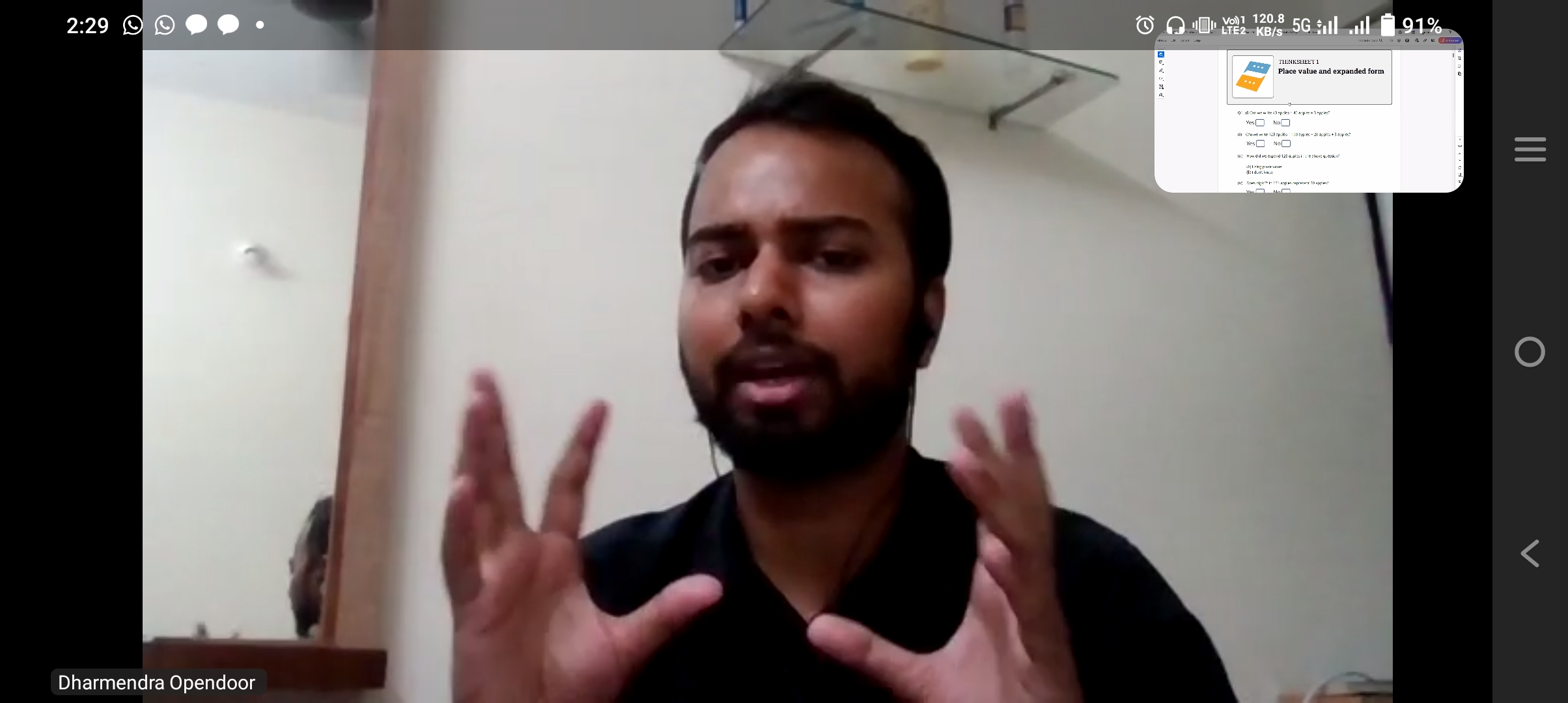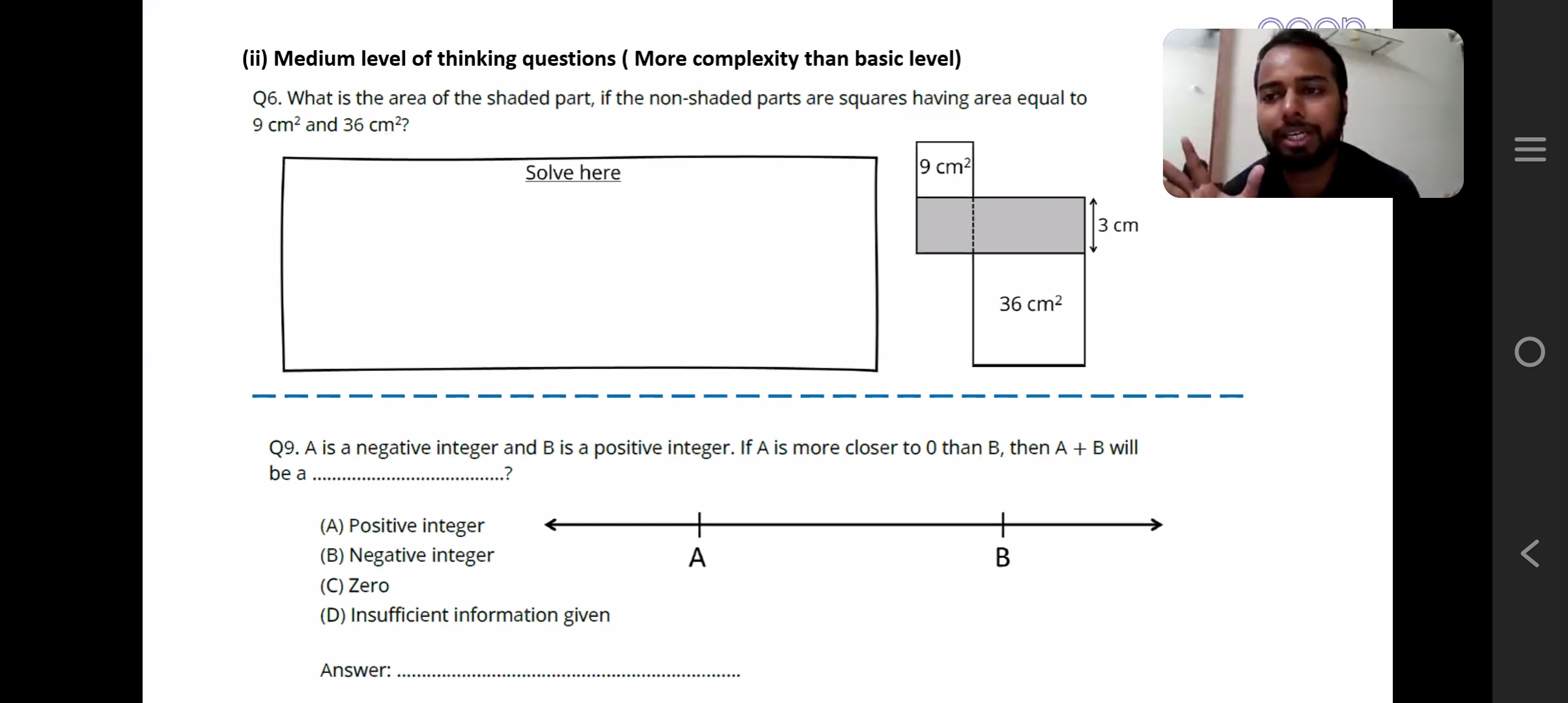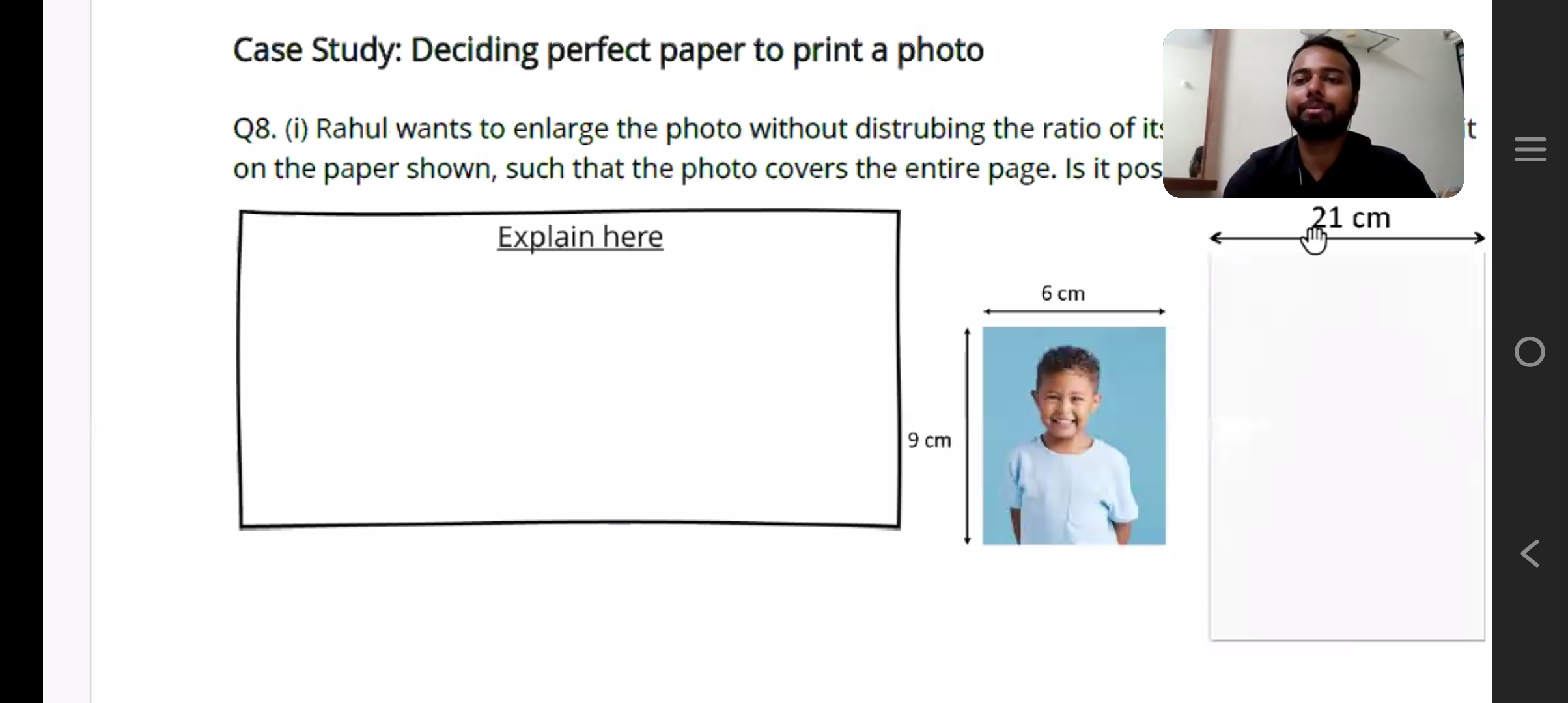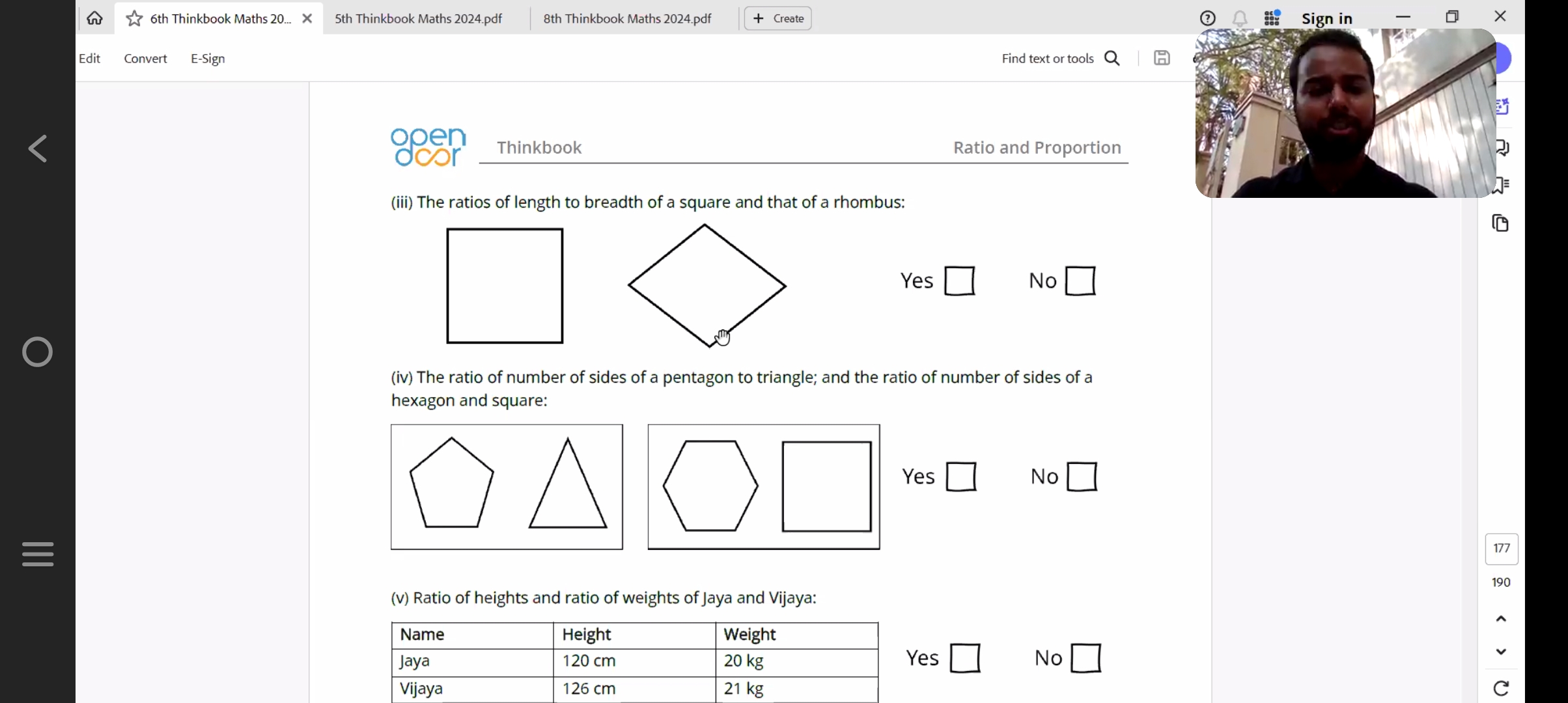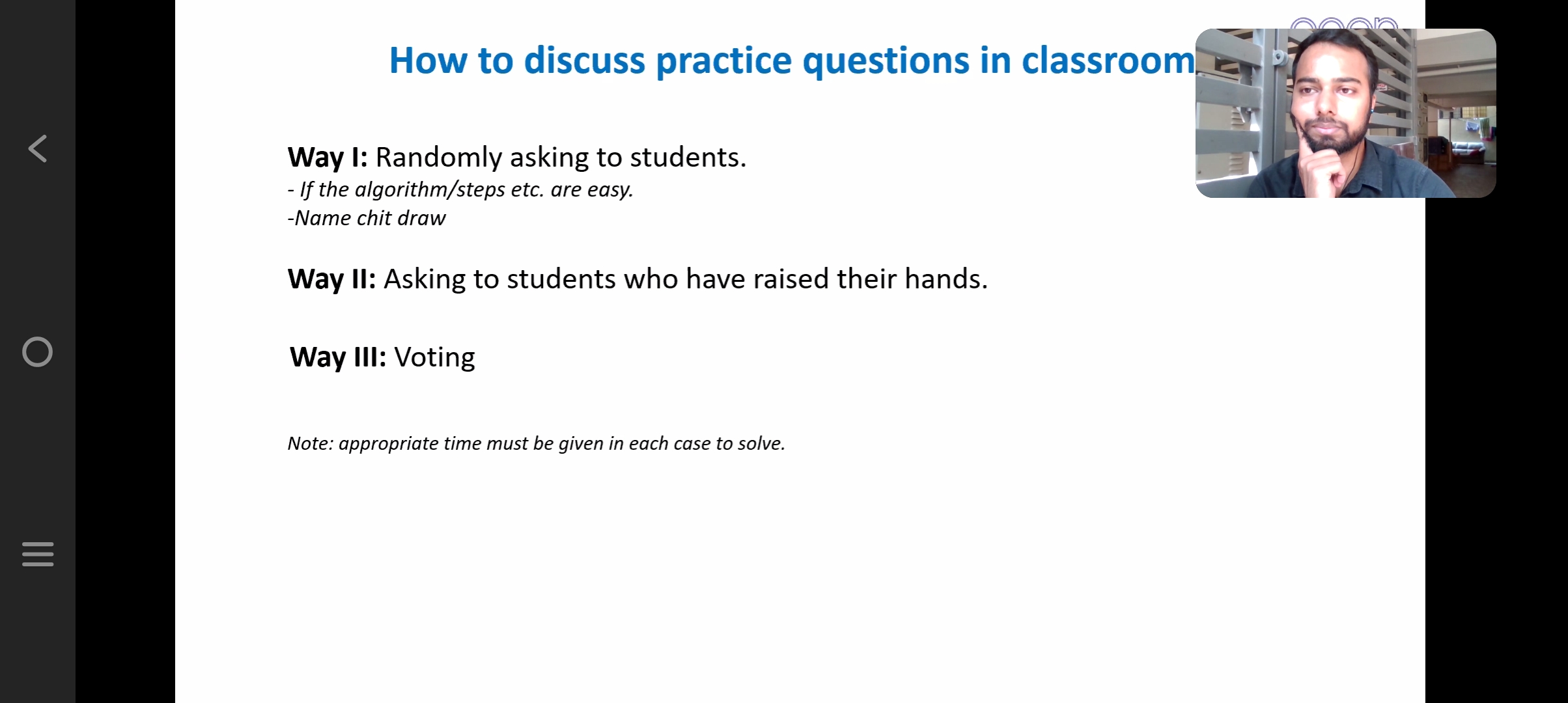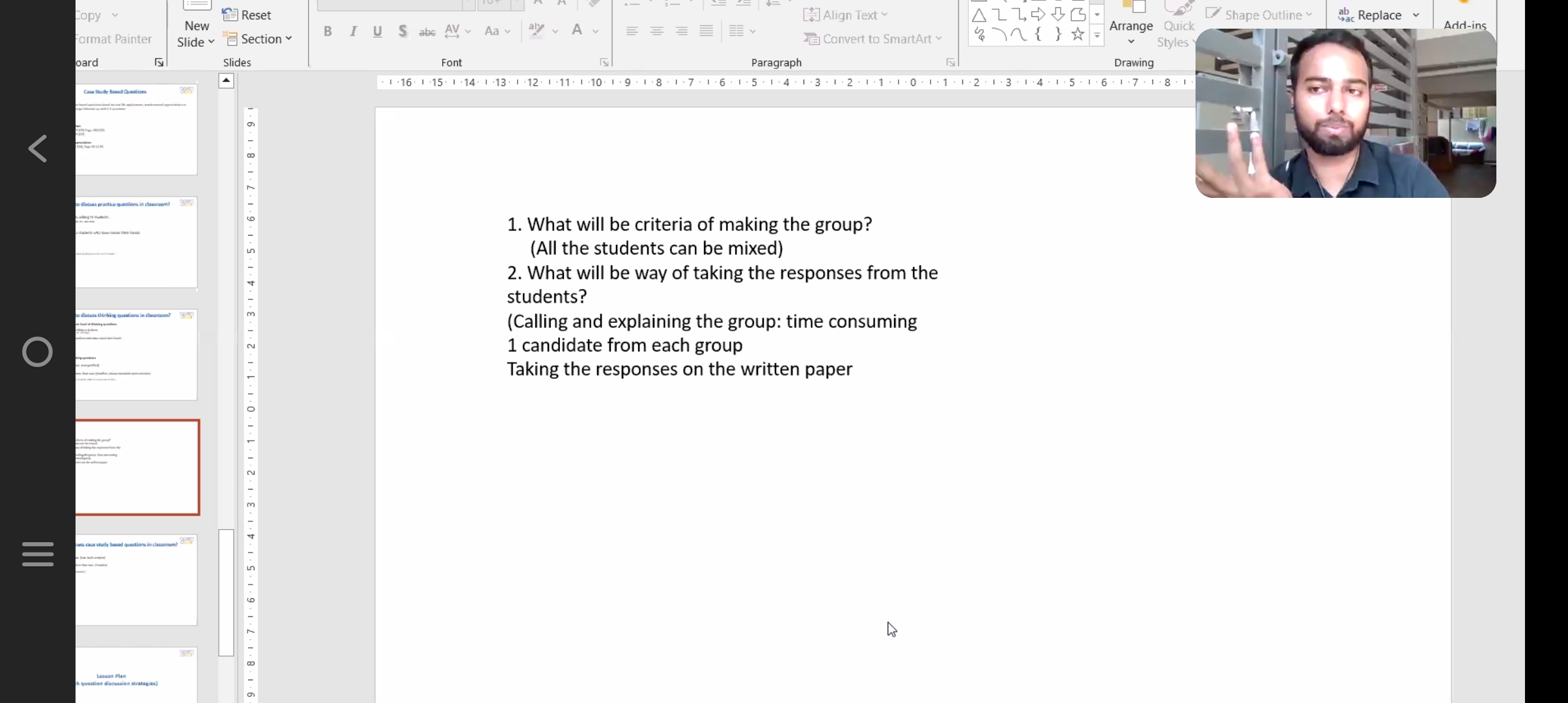MATHS THINKING CLASSROOM TRAINING
(MAY 02, 2024)
The Maths Thinking Classroom Training conducted by Mr. Dharmendra aimed to equip educators with effective strategies to integrate practice and thinking questions into their teaching methodologies. The training highlighted the significance of regular practice for students and emphasized the need for engaging discussions to enhance conceptual understanding.
Key Points Covered:
Part 1: Importance of Practice Questions
- Insight into Practice Question Variety: The training introduced participants to the diverse types of practice questions available in the think book.
- Question Framing: Questions were categorized into three types: direct questions (testing direct application of knowledge), indirect questions (requiring deep conceptual understanding), and critical thinking questions.
- Question Difficulty Levels: Practice questions were segmented into base level, medium level, and higher level to cater to students' varying proficiency levels.
- Checking Understanding: Practice questions served as a tool to assess students' comprehension and retention of concepts, ensuring learning is not merely temporary.
- Importance of Practice: Regular practice aids in concept retention, boosts confidence, and reinforces learning. Additionally, thinking questions foster critical thinking skills and encourage revisiting concepts.
Part 2: Discussion Strategies
- Discussing Basic Practice Questions:
- Random Individual Questions: Straightforward questions can be randomly posed to students for individual solving.
- Hand-Raised Responses: Medium level questions can be directed to students who volunteer or raise their hands.
- Voting Method: Multiple-choice and true/false questions can be addressed through voting, promoting engagement.
- Discussing Thinking Questions:
- Basic Level Questions: Basic questions can be asked randomly or directed to students who volunteer.
- Medium Level Questions: Students who raise hands can engage in discussions on medium level questions.
- High Level Questions: Complex questions are best explored through group discussions, facilitating collaborative learning.
Conclusion: The training concluded with the reminder to educators to plan their classroom discussions effectively for better outcomes. The Thinking Classroom Training equipped educators with valuable strategies to incorporate practice and thinking questions into their teaching practices, fostering a conducive learning environment for students' holistic development.

